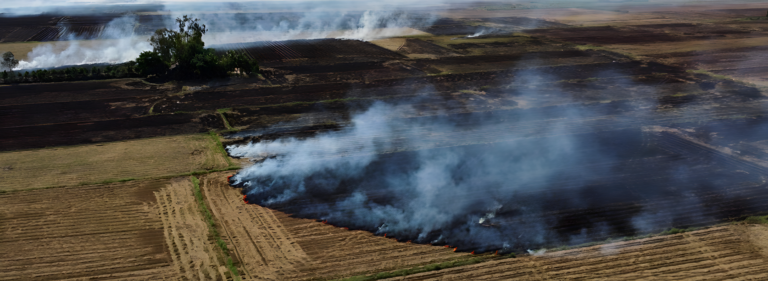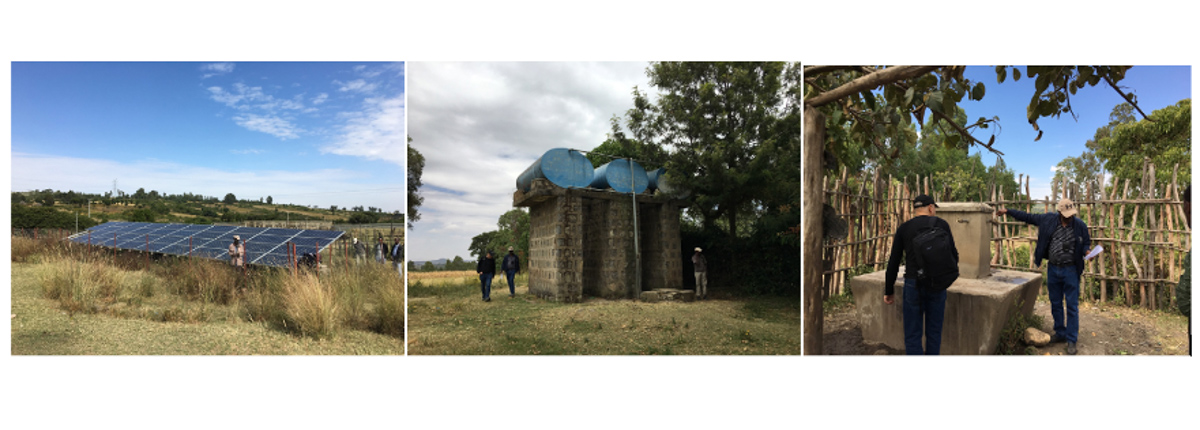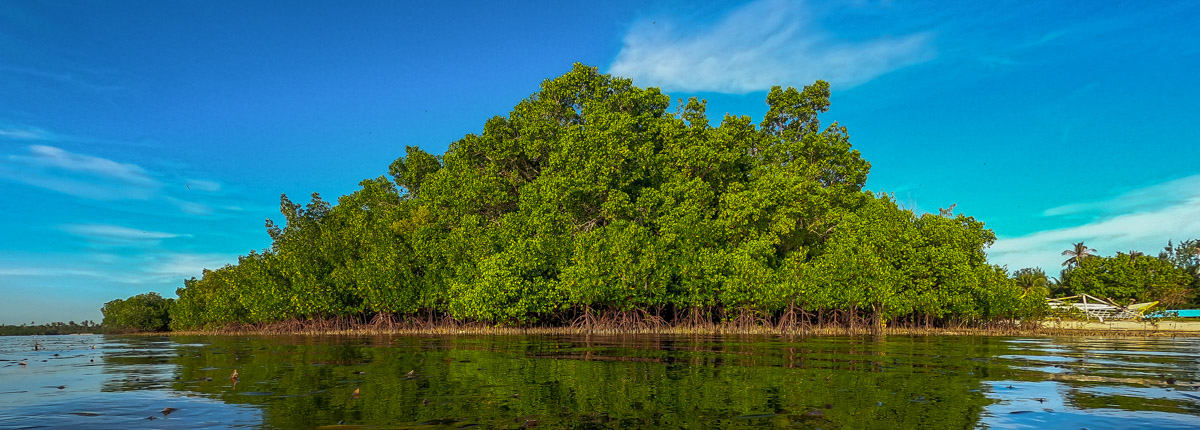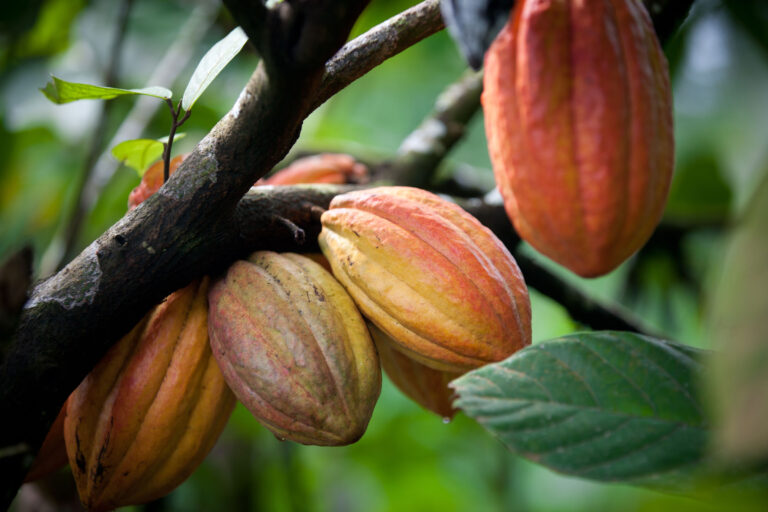Projects

Fight Slavery and Trafficking-in-Persons (FSTIP) Activity
Human trafficking is a major problem in Bangladesh, which is a source, transit, and destination country for men, women and children trafficked into forced labor, commercial sexual exploitation, child marriage and other abusive situations. The COVID-19 pandemic exacerbated vulnerabilities to trafficking, exploitation, and child marriage, as widespread loss of livelihood opportunities and employment, restrictions on […]
Blue Carbon Feasibility Study for the Bahamas
The resiliency of The Commonwealth of The Bahamas under a changing climate depends on healthy coastal wetlands that protect communities from rising sea levels, saltwater intrusion, and increased frequency of storms. Mangroves are coastal wetlands with unique carbon and resiliency benefits, and can enhance the Bahamian government’s ability to mitigate and adapt to climate change…
USAID Reducing Pollution
The USAID Reducing Pollution activity is a five-year project that supports locally-driven initiatives that substantially reduce environmental pollution in Vietnam through a collective impact approach. The project will build the capacity of government, local nongovernmental organizations and private sector partners to prevent, mitigate and reduce environmental pollution, and increase the capacity of stakeholders to generate, […]
Nestle Greenhouse Gas Project Procurement
Nestlé has committed to reducing its greenhouse gas (GHG) emissions by 20 percent by 2025, to cut its GHG emissions in half by 2030, and to achieve net zero by 2050 – even as its business continues to grow. (For more details, see Nestlé Net Zero Roadmap.) Winrock International supported Nestlé to identify reduction and removals projects […]
Cambodia Counter Trafficking in Persons (CTIP) Project
Cambodia continues to face the threat of human trafficking of some of its citizens who migrate abroad for employment opportunities and fall prey to exploitative recruiters or employers in destination countries, particularly Thailand. In recent years, the country has also become a significant destination for TIP for forced criminality, with tens of thousands of non-Cambodians […]
Ethiopia Solar Pump Feasibility Study
The Government of Ethiopia has set a goal of the year 2030 to transform its energy sector with 35,000 solar or wind water supply schemes as part of its nationally determined contribution to the United Nations Framework Convention on Climate Change. This work has begun with a five-year, $50 million Green Climate Fund grant, which […]
Strengthening Competitiveness, Agriculture, Livelihoods, and Environment – Natural Resource Management (SCALE-NRM)
Uncontrolled logging is decimating forests in the Solomon Islands, a small country in the South Pacific Ocean. Many factors contribute to this problem, including economic interests, land tenure rights, trust between communities and government, and the regulatory environment. As a result, solutions will require a comprehensive effort to address each factor. The Strengthening Competitiveness, Agriculture, […]
Small Business E-commerce Local Learning (SELL)
The COVID-19 pandemic has created significant challenges for small businesses, particularly those without an online presence. The Small Business E-commerce Local Learning (SELL) project addresses these challenges by supporting small businesses in Northwest Arkansas. SELL leverages Winrock’s proven entrepreneurial programming support, coaching and mentorship to provide websites, e-commerce platforms, training and long-term consultation to 150…
Southern Opportunity and Resilience Fund
The SOAR Fund is a partnership of local and national community finance organizations created to address the capital needs of historically disenfranchised communities across the South and Southeast U.S. as they attempt to rebuild after the COVID-19 health and economic crisis.
